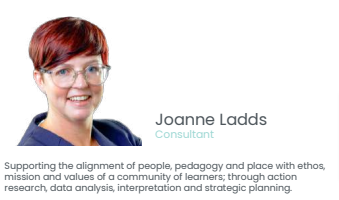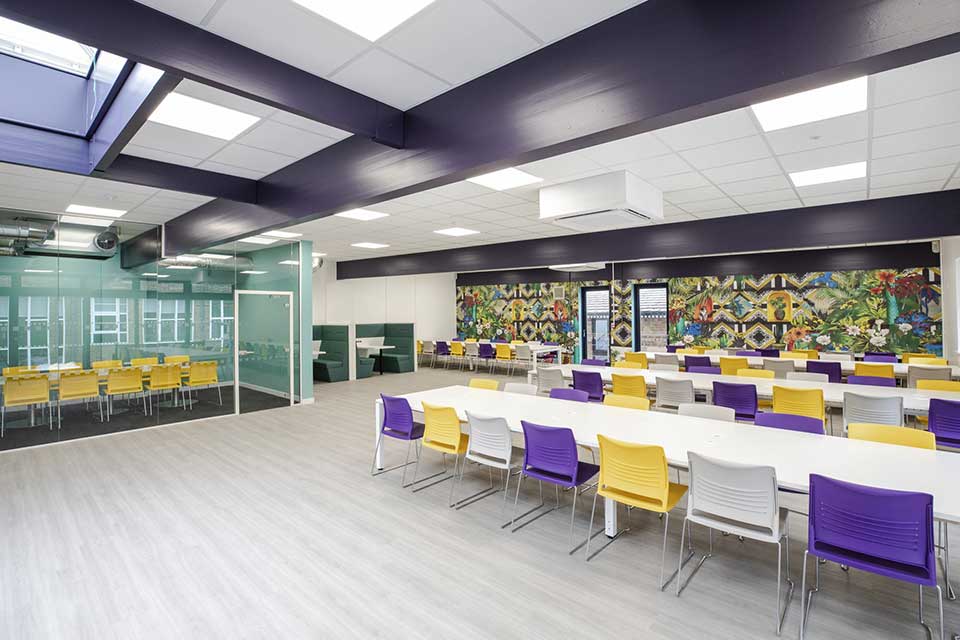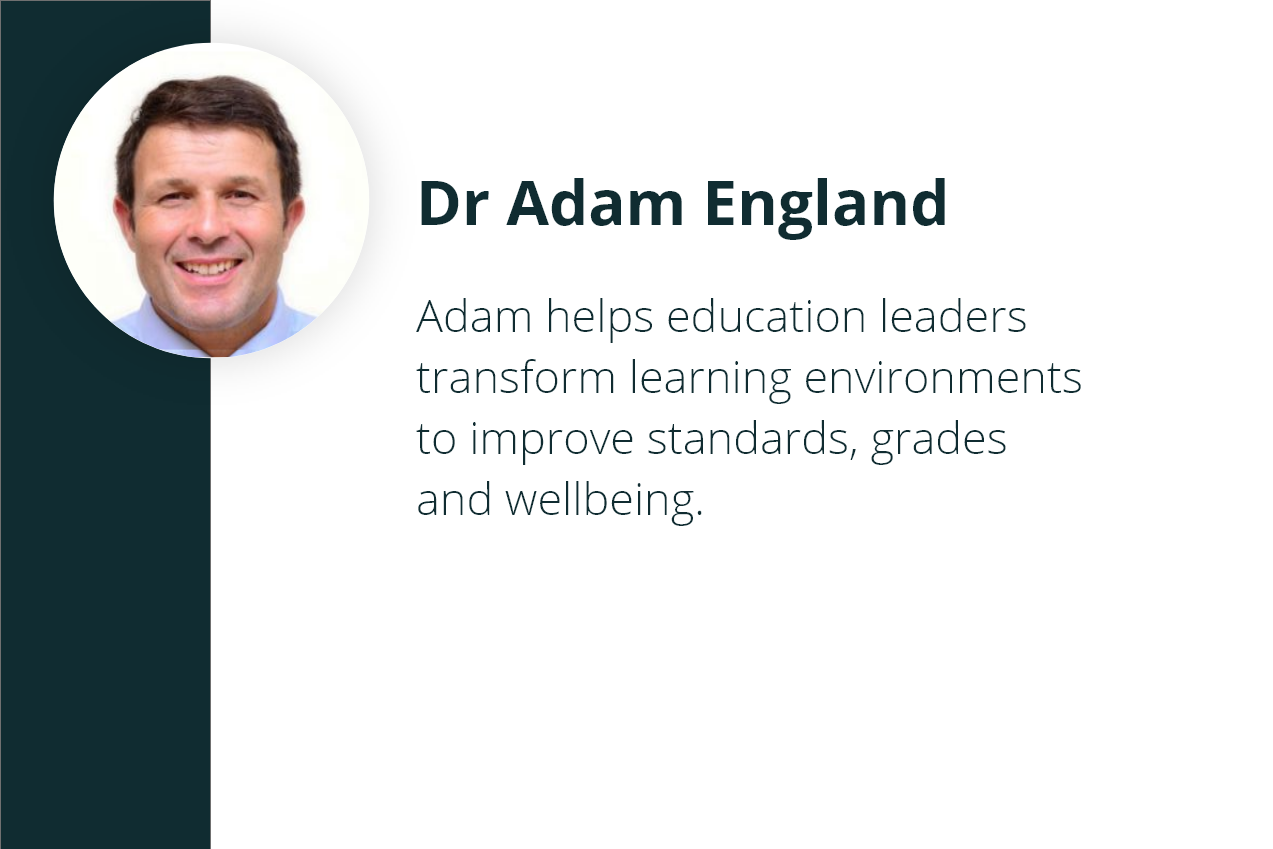The Importance of the Learning Environment
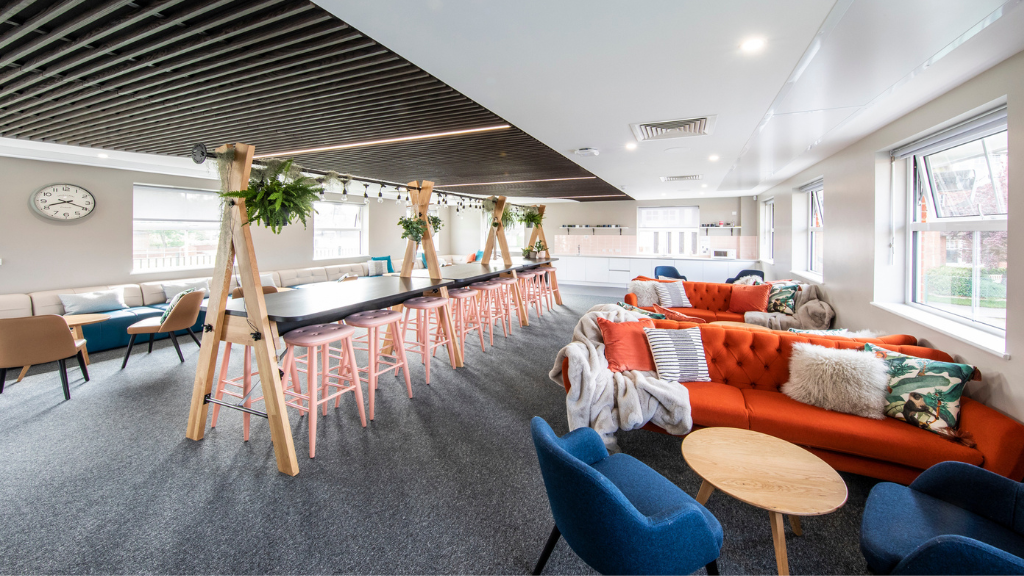
The world of education is always in the spotlight for one reason
or another. The most recent updates to the inspection framework
for OFSTED has a focus on an impactful curriculum as a force for
improvement, with ISI having a focus on well-being. Both place the
child or learner at the heart of their frameworks whilst seeking more
accountability from those in leadership positions.
Inspections are back in full swing with OFSTED saying schools will only
be graded with ‘outstanding’ where schools have refocused their
curriculum to be challenging for all students, rather than a recovery
curriculum, post COVID.
As you might expect, diversity, inclusion and transparency feature
heavily in both frameworks, a sense of belonging and safety comes
from an impactful curriculum as well as strong emphasis on the
development of a healthy and happy child, and a purposefully designed
learning environment can have a positive impact on both.
There is a long-standing belief, championed by followers of the Reggio
Emilia and the Montessori approach to education, that the learning
environment can have a monumental impact on an individual’s
learning and attainment.
Famous for coining the phrase ‘the third teacher’, practitioners adopting
these methods are so certain of the impact the environment can have
on learning, they place the use of space and resources at the very heart
of their curriculum.
You can see this in the early years programme, and for incredibly
good reason. The opportunity for children to immerse themselves in
natural and tactile materials; the recognition of the need for providing
comfortable areas for rest and relaxation, and the allocation of specific
areas for high-energy activities are all considered in an Early Years
provision.
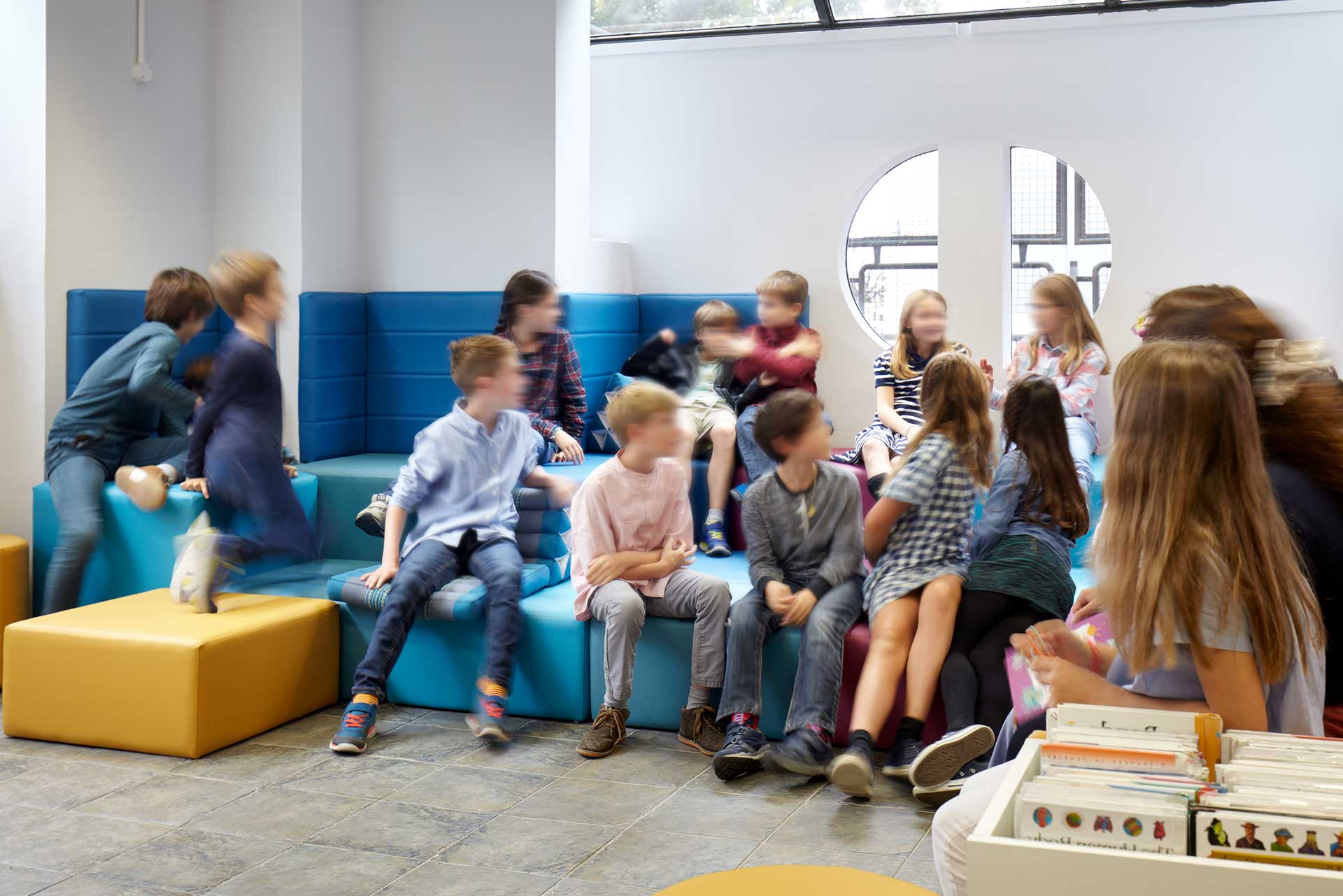
But as we rise through the years, our focus on the environment seems to diminish, quite starkly in senior schools. This is quite alarming when you consider that children don’t cease to have unique needs, in fact, some may even become more pronounced. Do classrooms really look any different from those in Victorian times? You might argue that science labs are more advanced, with careful consideration of health and safety, children can investigate and be creative. Some schools have ‘maker spaces’ or ‘STEM’ areas, but shouldn’t every room in a school offer an opportunity for awe and wonder? Could all spaces have a degree of flexibility to be able to inspire curiosity when the most wonderful question is asked? The world has changed beyond recognition over the past 100 years and even more rapidly over the past 2 years. The expectations we have of our students is higher, the expectation from parents even higher. We are asking teachers to equip students for jobs and careers that don’t exist yet, in learning environments which our grandparents, grandparents would feel more comfortable in! Education is playing catch-up. We adapted our homes to become remote learning environments, showing what is possible in a very short space of time. Just think about what we could achieve if we combine design expertise with teaching and learning research to create schools for the future.
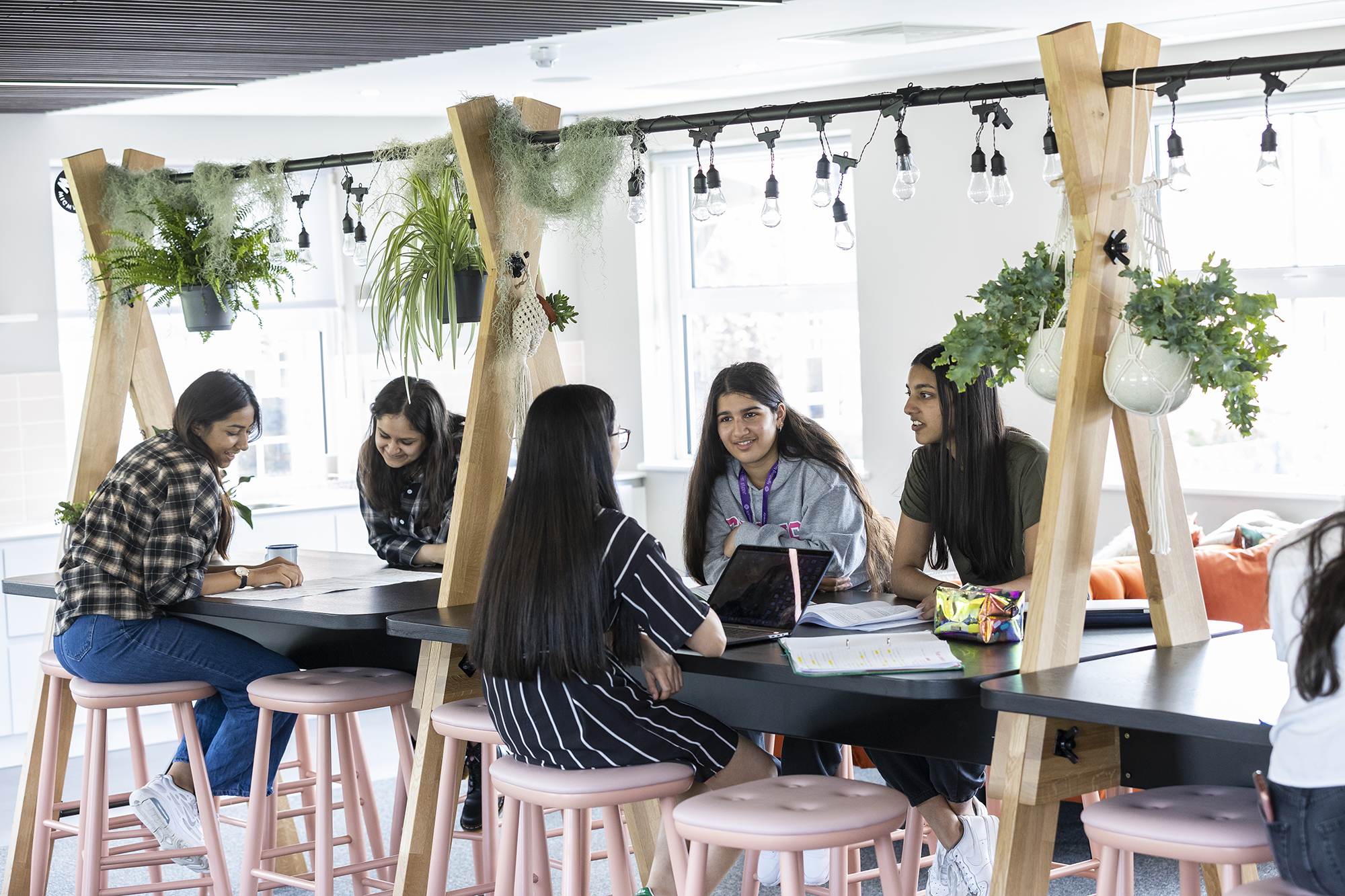
Do your learning environments foster creativity, collaboration, a blend
of technology? Does your school make use of all the spaces available
for learning, or is there an area that would be perfect for some
independent learning or small group work? Do you need more learning
spaces? Or do you just need to sit back and rethink the use of the
spaces you have?
Take the time to think about a child’s learning journey; what does this
mean, and how, as a school community have you designed this?
ISI have added ‘exceptional, with demonstrable impact’ into their
inspection framework grading system to enable them to showcase
the best of the best from their inspections. OFSTED have an evidenceled strategy. A research informed, intentionally designed learning
environment is exceptional, and informed by evidence.
Interested in learning more?
I’d be glad to discuss with you, follow the link to find a time which suits you.
